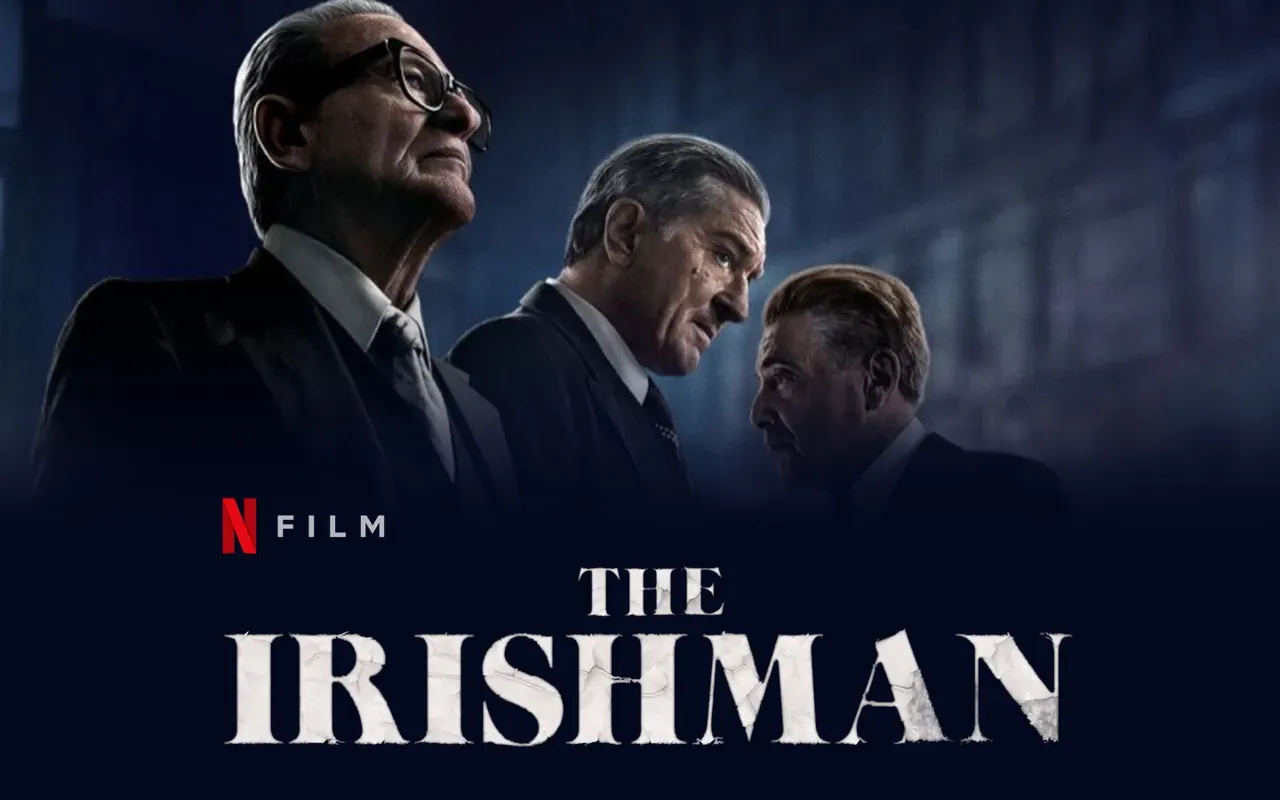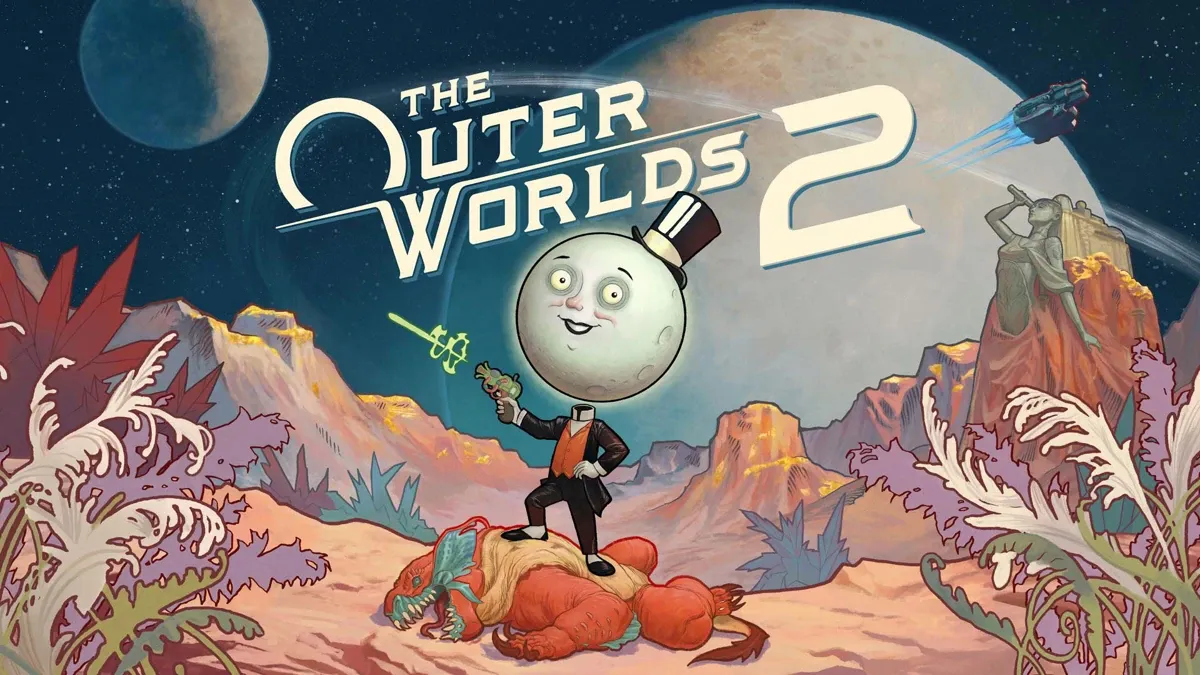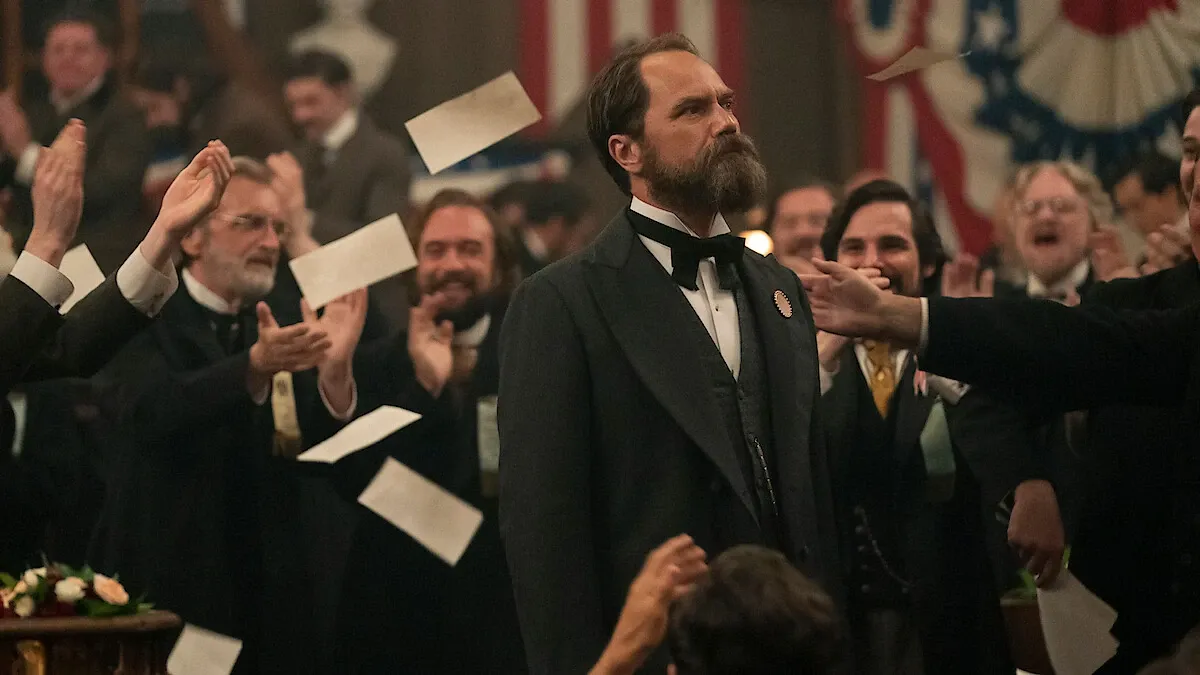They should have kept the name I HEARD YOU PAINT HOUSES.
Not that the current title, THE IRISHMAN, is bad, but it is average. It doesn’t stand out or make a fuss of itself, which arguably captures reasonably well De Niro’s character, Frank Sheeran.
But as a name, I HEARD YOU PAINT HOUSES is brilliant. It has mythic arrogance. It’s mundane, but it clearly means something. It’s a perfect representation of the vain desire to create ritual and code from nothing, which is at the heart of the brutal and toxic world Sheeran and his friends built for themselves.
I HEARD… is code for an ordered killing. It’s what Frank Sheeran used to discuss his business over the phone when someone else was listening. It’s like when Russell Buffalino, played to perfection by Joe Pesci, tells someone that Frank is a good friend of his. There’s an emphasis on ‘good’. Not good, but good. One means we want something from him, the other that he’s with us. It’s nonsense, and it can cost people their lives. Scorsese and writer Steve Zaillian seem to acknowledge this, with wry humor implying that even mobsters get confused at the convoluted names and language they’ve created for themselves. See, for example, an exchange where a mundane nickname brings about confusion as to who is actually the topic of conversation.
When we’re introduced to people of note in the film, their future date and cause of death are shown under their faces. These are dead men walking, pretending to live forever like kings. Where Martin Scorsese’s other magnum opus, GOODFELLAS, was all about the virility and posturing behind the modern-day mafia, THE IRISHMAN aims to strip away all facades and grandiosity bit by bit, until the repetition and the imagined tradition becomes unbearable. By the end, or even well before it, we’re sick of these people. We watch for the tenth time how aging men with sagging jowls bluster at one another over imagined slights from twenty years ago, and I couldn’t help but remember the pained cry of Ray Liotta in GOODFELLAS, despondent over the idea of being “just another schmuck” if he wasn’t in the mob. Here, Scorsese seems to say, is the real truth: These are all schmucks. Dangerous, volatile, and powerful men, but schmucks nonetheless. In a telling scene, two of the most powerful union organizers meet in Florida, and nothing of value can be decided – the men are too busy quarreling about who came late, who is dressed appropriately, and who slighted who five years earlier.
There’s immense value to seeing cinematic alpha males, known from posters and imitations the world over, dragged down off their Olympus like this. De Niro has played vulnerable and sad characters before, but here he takes a bull of a man, a continuation from GOODFELLAS and MEAN STREETS, and turns their masculine energy inwards to the point of implosion. We roll with him to the high watermark in life, and all the way down back into the depths in excruciating detail.
If GOODFELLAS wanted you to be afraid of this world, but also love it just a little, then THE IRISHMAN is all about reminding us how broken and inherently sick their brotherhood really is.
Told in retrospect through unreliable narration, flashbacks (and flashbacks within flashbacks), as well as prosaic free-form that skips between decades, countries, and characters without restraint, THE IRISHMAN is Scorsese at his grandest and most elegiac. If his 2000s masterpiece GANGS OF NEW YORK was the story of the forging of America in the fires of immigration and civil war, then THE IRISHMAN is the second part of that saga. Like the rise and fall of an empire, the film charts the formative years of capitalist sickness destroying working-class dreams, as unions and teamsters join hands with criminal elements on both sides of established law.
In the middle of this is Frank Sheeran, a cipher of a man, actively choosing to remain passive despite being placed at the forefront of major historical events. It’s this inert nature that makes him stand out. Each time there’s a fork in the road, Sheeran is more likely to drive straight into the ravine than make a choice, and each time he is pulled out from it by another dominant figure in his life. He compares his time with the mob and as a hitman to the army by repeating: “You do the job, you get a reward.” As time begins to slip away from him, Sheeran is thoroughly baffled at the concept that even inaction has repercussions.
De Niro is fabulous in the part, better than he has been for a decade now. He feels alive, even as he actively removes himself from any situation. It’s a part built on reacting, and De Niro has a world of conflict going on within himself in every scene he’s in. When he does go off, and he does so often, it’s presented matter-of-factly, without glorification or fuss, in vicious widescreen. He’s never shown enjoying the act but, given the choice to back off or go for seconds, he never denies himself.
Beside him is Joe Pesci, commanding every minute he’s on screen in a quiet, deliberate way that is entirely opposite to how we remember him from GOODFELLAS. Where Tommy was a loose cannon, ready to go off at the slightest provocation, Russell Buffalino is so measured that even his rage is finely controlled. Pesci, returning to the screen after over a decade of retirement and even longer away from Scorsese, is nothing short of a revelation. It’s the kind of performance that has no need to draw attention to itself, as it knows exactly how good it is already. The third of the trifecta, Al Pacino, appearing for the first time in a Scorsese film, is likewise the best he has been in decades. His version of Hoffa is a loudmouth filled with braggadocio, covering up for his vulnerabilities and shortcomings with real and imagined feats that he recollects for anyone even half-listening.
At three-and-a-half hours long, THE IRISHMAN feels like a film half that length. This is largely thanks to Thelma Schoonmaker and her incredible editing. She makes the material sing, and in her hands the dozens upon dozens of speaking parts are never confusing. Time and space are color-corrected to signify the change in a decade, and smart inserts speak to the inner dialog characters have flawlessly. As much as it is Scorsese’s film, THE IRISHMAN is Schoonmakers masterpiece.
As exhilarating and intriguing as THE IRISHMAN is, the film is also heartbreaking and melancholy. As the years begin to speed by, and friends and family fall by the wayside, Scorsese stares down the great enemy that is time and confronts old age head-on.
For all the violence, the history-defining acts of callousness and greed, when it all comes to a head, all we’re left is our memories. And how a life lived in absence breeds a void that wealth and trophies cannot fill.
THE IRISHMAN is released on NETFLIX this Wednesday, the 27th, and thanks to Scanbox it’s playing in select theaters until Christmas. If you get a chance, go to the theaters. It deserves to be seen on the big screen.













